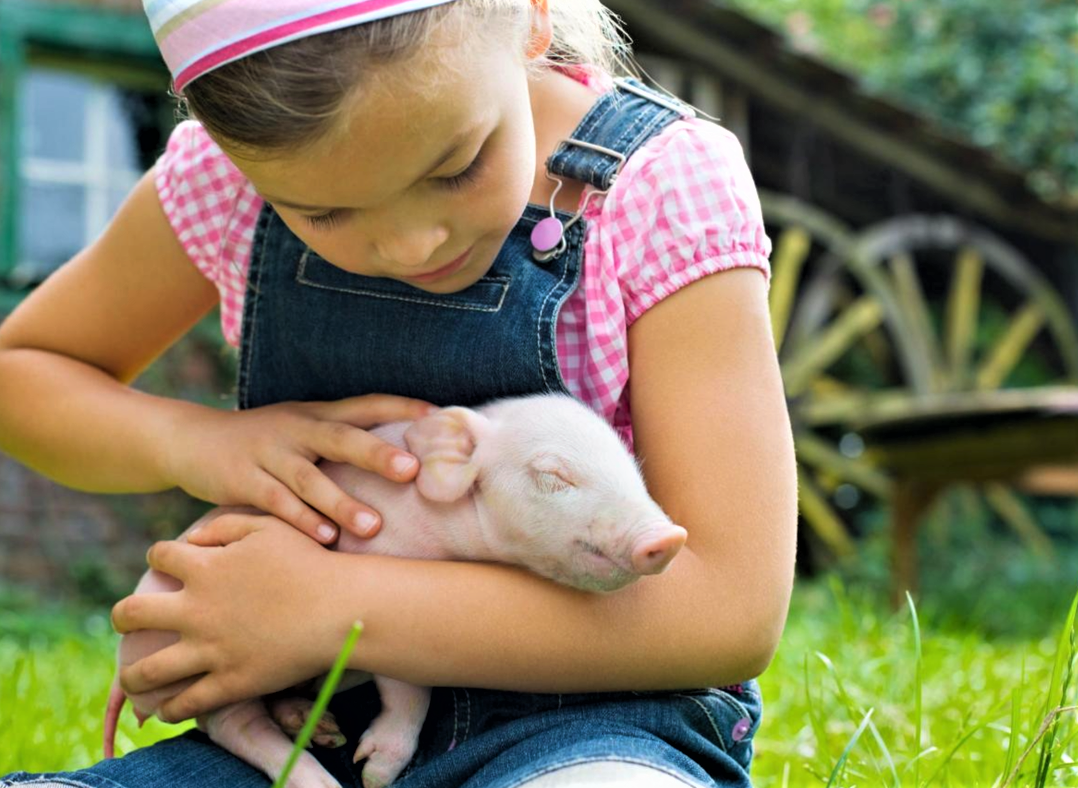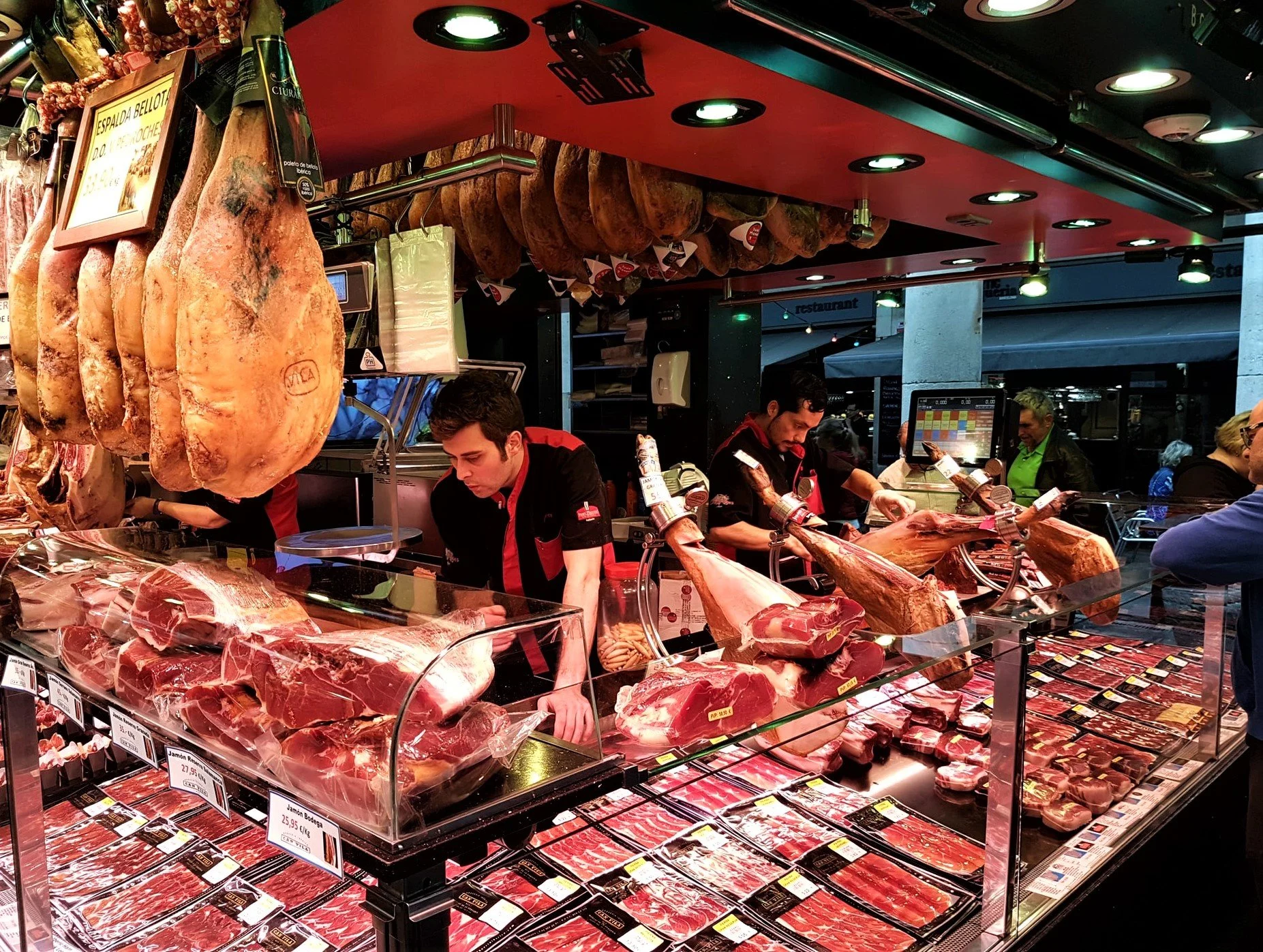One of the widely accepted solutions to the climate crisis is to incorporate more plants into our diet to reduce the greenhouse gas emissions, freshwater and land use, and global biodiversity loss that stem from consuming animal products. If we don’t make this transition – especially in richer nations – today’s children will face the disastrous consequences.
It sounds simple but it’s not. Eating more plants means challenging psychological mechanisms that protect our dietary decisions says Dr. Luke McGuire, lecturer at the University of Exeter Department of Psychology. In a recent blog, Dr. McGuire explains our relationship with animals as friend or food is highly complex and includes moral principles (“does this decision cause harm?”), social conventions (“what do most people in my culture or society eat?”) and personal autonomy (“it’s my business what I put in my body”).
The first issue — whether we feel moral concern towards a particular animal – often depends on the species. There is a hierarchy of concern starting with humans, to animals we care for (pets, some wild animals), through to farm animals, and those classed as “pests”. We treat our pets as beloved family members but as adults, we and our society accept the great harm done to farm animals treated as commodities to produce cheap meat and dairy. Because we don’t have the same moral concern for them as we do for our pets, their suffering is acceptable. This is called “speciesism”.
Speciesism and diet are intertwined. Research has shown that we regard the animals we eat as less sentient and less able to suffer than animals we don’t eat and this reduces our moral concern for them. Are we born with this hierarchy of moral concern which drives our view of other species or do we develop it?
Dr. McGuire says early evidence indicates that our attitudes towards animals and animal-based foods go through a transition between childhood and adulthood.
One study asked 5—9 year-olds, along with adults, to select who they would choose to save in a boating accident. The options included varying numbers of human lives, dog lives and pig lives. Adults evidenced their speciesism by invariably choosing to save humans and being prepared to sacrifice up to 100 dogs or pigs to save one human life. The majority of children didn’t prioritize humans and, instead, chose to save 10 pigs over one human. This suggests that at least by the age of nine, the hierarchy of concern hasn’t yet emerged.
Another study compared samples of children (9—11 years old), young adults (18–21 years old) and adults (30–60 years old) who were asked how well they thought humans should treat different animals, and whether it was morally acceptable to eat animals and animal products. Children rated eating animals and animal products as less morally acceptable than both groups of adults by attaching importance to animal welfare and not causing harm.
Adults were more likely to reference social conventions such as a perceived natural order placing humans above animals, and the need for animal protein. Also, children thought we should treat farm animals (in this case pigs) better than adults thought we should. These findings demonstrated that speciesism in late childhood remains lower than in adulthood.
This would seem to indicate that conversations around eating plant-rich diets as a strategy for tackling the climate crisis could usefully begin in childhood, when children advocate for the moral standing of non-human animals. And a place to start would be to reimagine the traditional farmyard narratives which present children with an idealized view of animals’ lives on farms.


